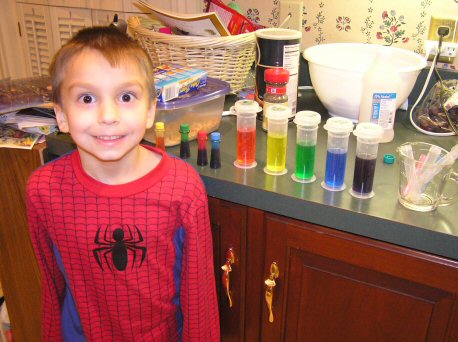It all started because of the discovery problem.
Too many things to choose from, more every day. No efficient way to alert the world about your service, your music, your book. How about giving it away to help the idea spread?
The simplest old school examples are radio (songs to hear for free, in in the hope that someone will buy them) and Oprah (give away all the secrets in your book in the hope that many will buy.)
There’s a line out the door of people eager to spread their ideas, because in a crowded marketplace, being ignored is the same as failure.
Most people, most of the time, don’t buy things if there’s a free substitute available. A hundred million people hear a pop song on the radio and less than 1 percent will buy a copy. Millions will walk by a painting in a museum, but very few have prints, posters or even inexpensive original art in their homes. (In the former case, the purchased music is better–quality and convenience–than the free version, in the latter, the print is merely more accessible, but the math is the same–lots of visits, not a lot of conversion).
